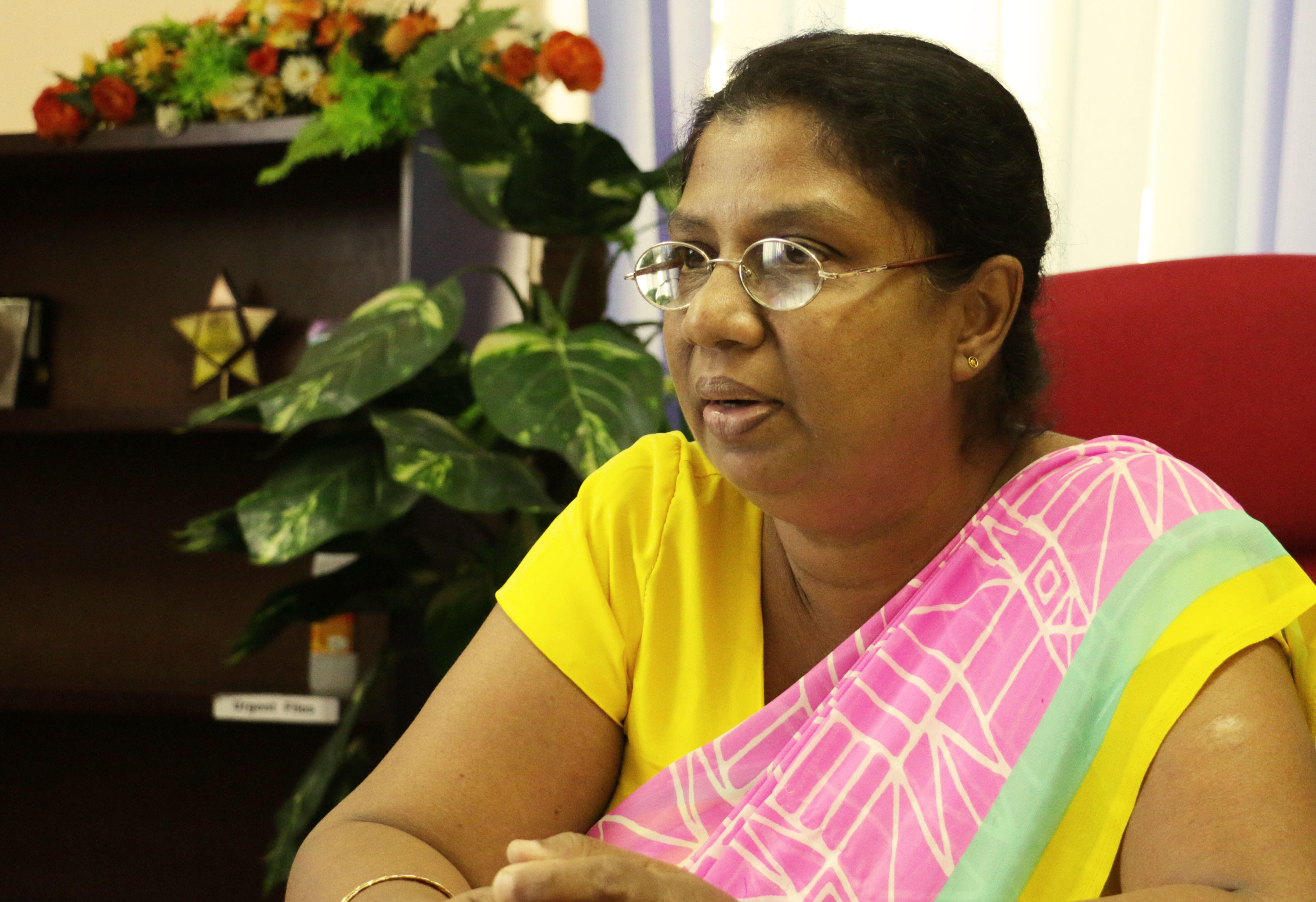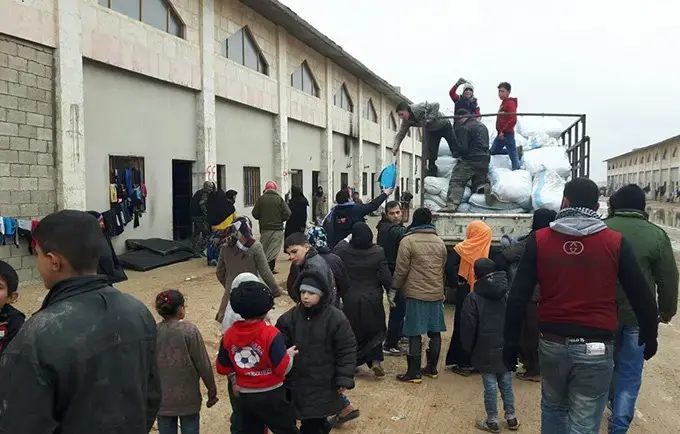Colombo: UNFPA joined hands with The Family Health Bureau and the Health Education Bureau in July 2013 to conduct qualitative research on prevailing conditions of reproductive health education in Sri Lanka.
Since the International Conference on Population and Development (ICPD) in 1994, UNFPA began to align its communication and advocacy initiatives within reproductive health programmes by paving the way for attitudinal and behaviour change. Behaviour Change Communication (BCC) is important because social transformation is based on the changes in knowledge, attitudes and behaviour of individuals. For example, BCC is of paramount importance in the prevention of gender-based violence. In domestic violence and abuse cases the root cause can be often explained by the attitudes and behaviours of the individuals.
Sri Lanka enhanced the legal framework to prevent gender based violence by ratifying No. 34 Prevention of Domestic Violence Act in 2005. But 12 years later, it is evident that laws alone cannot help prevent the issue as domestic violence and gender based violence are two major social issues prevailing in Sri Lanka.
Behaviour change is also important with regard to reducing maternal morbidity and mortality. As depicted in the Maternal Mortality report of 2014, the number of live births throughout the year is 349,715. In 2014, 112 women died due to complications related to child birth. The Family Health Bureau has confiremed that 70 of those deaths were preventable.
National Programme Coordinator of UNFPA Sri Lanka, Jayan Abewickrama, pointed out that medical interventions as well as behaviour change interventions are equally important in minimizing the causes for the maternal deaths.
"There are many reasons behind the delay in hospitalizing of pregnant women. Although they know that they must be admitted to hospital, the mothers are compelled to delay it because of the reasons such as there being no one else to take care of the other children. Also, social interventions are very important in preventing unwanted pregnancy which can lead to risky abortions." he said.
Additionally, BCC is important to address sexual and reproductive health rights of adolescents and youth.
Commenting on the BCC programme, the Director of Health Education Bureau Dr. R.D.F.C. Kanthi said, "The technical expertise on reproductive health remains with the Family Health Bureau. The Health Education Bureau utilizes that knowledge for behaviour change. We are still encountering issues of communication messages to the public. For example, we still see issues like the lack of skills in breastfeeding among mothers of new born babies. The knowledge is not properly transferred. It is remarkable that these shortcomings are observed in the private sector too.
"In this context, we trained teams of researchers and studied the present situation on knowledge, skills and attitudes covering seven districts (Colombo, Gampaha, Polonnaruwa, Batticaloa, Jaffna, Nuwaraeliya and Kilinochchi), including districts of the Northern and Eastern Provinces".
"We conducted this qualitative research on five themes obtaining the service of a national consultant. Analyzing and summerizing the data, we developed five guides on behaviour change communication in these thematic areas. They have been published in Sinhala, Tamil and English languages," Dr. Kanthi said.
The five themes are;
- Maternal and child health
- Gender based violence
- Family panning
- Adolescent reproductive health
- Well women clinics
Findings of the focus group discussions, output of the stakeholder workshop and suggestions of a panel of stakeholders on the penultimate draft were the basis of the behaviour change communication guides. The set of guides were launched in 2015 under the patronage of the President with the participation of a multitude of stakeholders including the Minister of Health, the secretary of the Ministry of Health, senior administration officials, professionals and academics.
"We have now planned to start pilot projects in several regions based on these guides. We have trained a broad section of professionals in the reproductive health sector using this set of guides on behaviour change communication. Even the Public Health Inspectors were trained because the role of the male party with regard to the behaviour change in reproductive health is very important. We hope to focus to the information gap and we will discuss the ways to fill those gaps based on case scenarios, Further, soon we hope to launch several tools which can be used to deal with identified behaviour changes soon," said the director of the Health Education Bureau.




